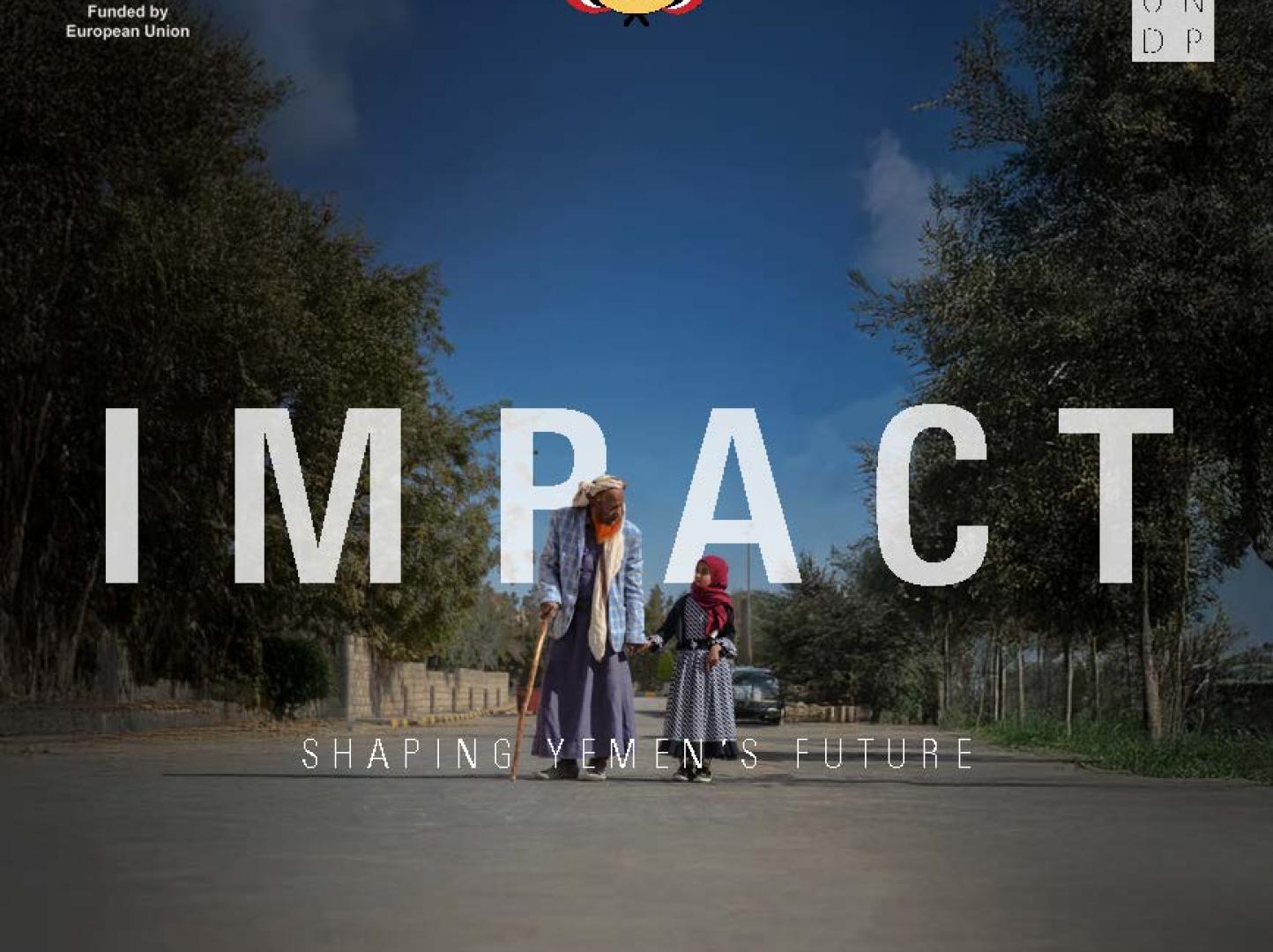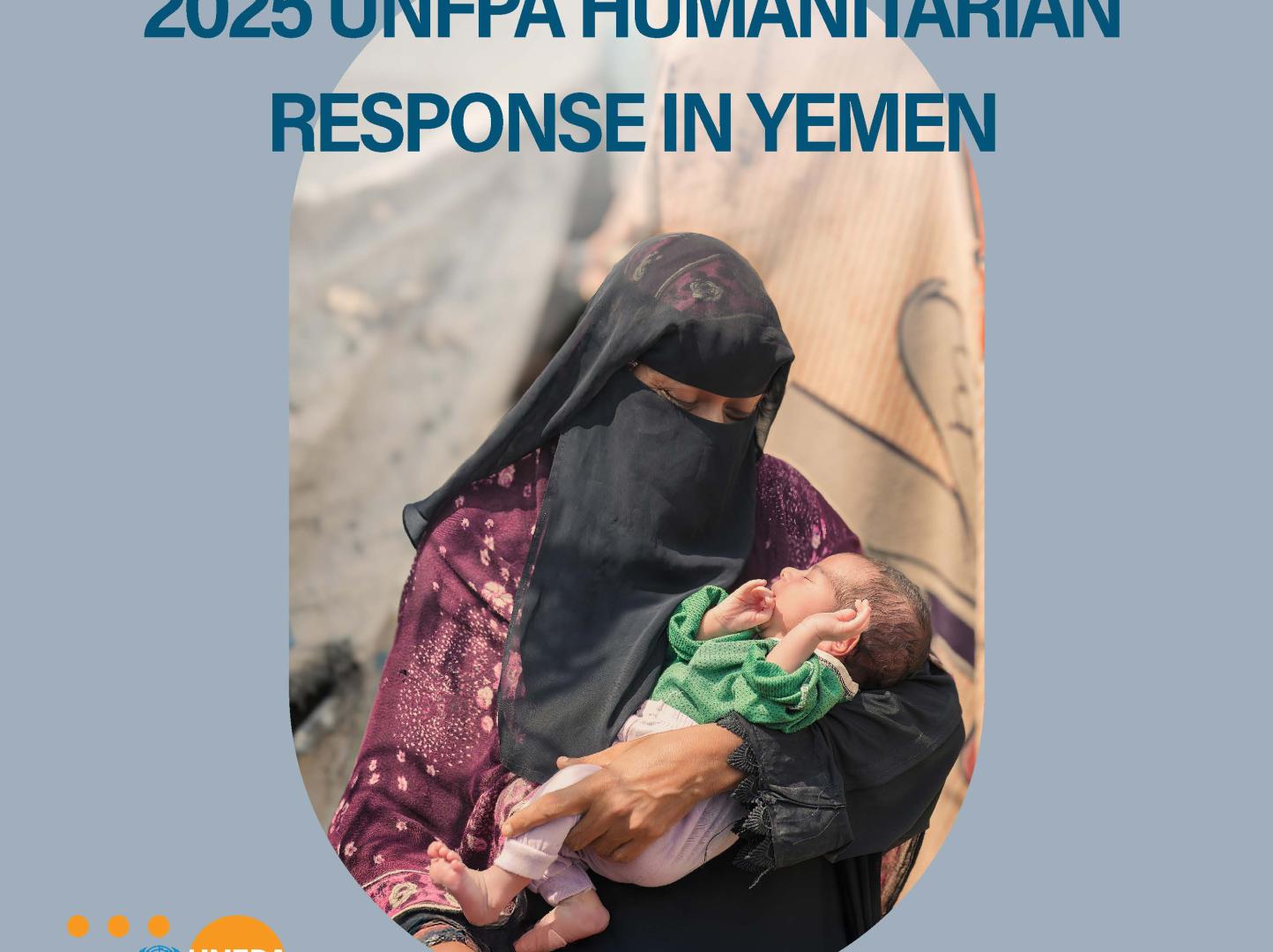Livelihoods Impact Assessment 2019

This report provides an assessment of the impacts of the micro-businesses supported under the Enhanced Rural Resilience Programme in Yemen (ERRY) (2015-present) implemented by UNDP and partners, and supported by the EU. The assessment conducted in the four target governorates: Abyan (Khanfar district), Hajjah (Aslam and Abs districts), Al Hudaydah (Bagel district), and Lahj (Tuban district). As is well known, the period during which the ERRY programme was implemented coincided with worst humanitarian situation ever experienced in Yemen. The country was already reeling in 2015 from high-levels of poverty, decimated livelihoods, lack of health and educational facilities and severe deprivation in all areas of basic needs such as security, clean water, and sanitation. Governance arrangements were in disarray-driven by ongoing conflict, political uncertainty, and economic decline. The war that started soon after that made matters even worse.
Meeting the basic livelihood requirements became the biggest concern for Yemenis. The ERRY programme provides an opportunity for beneficiaries to do something for themselves in addition to any humanitarian relief they managed to receive. The programme through the 3x6 approach Annex1 built capacity through training and skills development and provided small financial grants to kick start micro-businesses. The beneficiaries received emergency employment activities by the ERRY programme to help generate incomes while encouraging them to save. Those who were able to save from the emergency employment activities were eligible to receive joint venture support to start-up new micro-businesses to improve their livelihood. Beneficiaries were able to select businesses that suited their interests and capabilities while taking into account local market realities.
A market assessment was conducted to provide necessary market information to inform their decision making. The supported micro-businesses became a significant source of income for around 2,549 households (the average size of a household in Yemen is seven). Women demonstrated success in doing business by creating job opportunities for others, as well as sharing skills. Moreover, women sustained their businesses more than men as the majority of closed businesses interviewed in this assessment were men. The majority of micro-businesses owners confirmed the growth of their businesses in a stable manner and the project has impacted its beneficiaries positively in intended and unintended ways.













